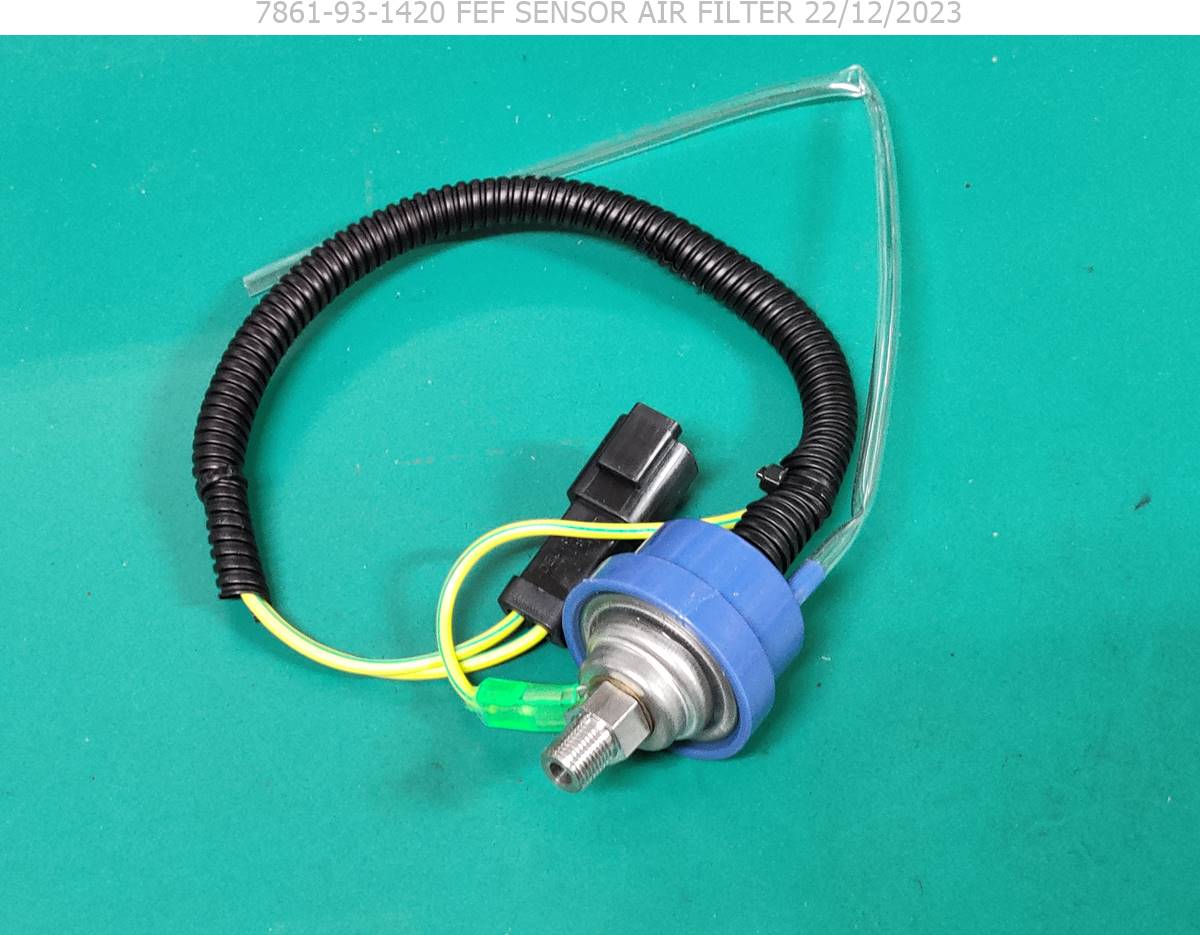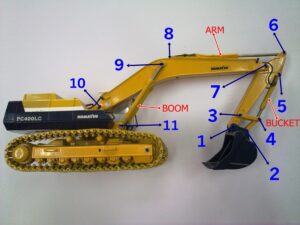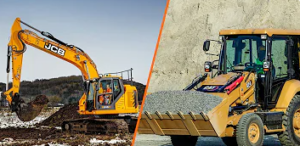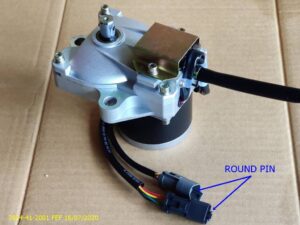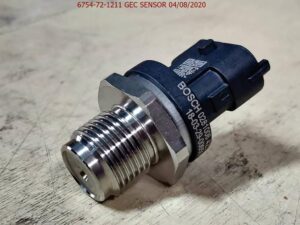AIR SENSOR
Excavators, like many modern vehicles and machinery, often incorporate various sensors to monitor different aspects of their operation, including air quality. While excavators may not typically have dedicated “air sensors” in the same way that air quality monitors do, they do utilize sensors to monitor factors such as intake air temperature, pressure, and quality. Here’s a breakdown of how these sensors work and their functions:
Intake Air Temperature Sensor: This sensor measures the temperature of the air entering the engine’s intake system. It typically consists of a thermistor or a similar temperature-sensitive component. As the temperature of the intake air changes, the electrical resistance of the thermistor also changes. This variation in resistance is converted into a voltage signal, which is sent to the engine control unit (ECU) or engine management system. The ECU uses this information to adjust fuel injection and ignition timing for optimal engine performance and efficiency.
Intake Air Pressure Sensor: Also known as a manifold absolute pressure (MAP) sensor, this sensor measures the pressure of the air entering the engine’s intake manifold. It helps the engine management system calculate the engine’s load and determine the appropriate air-fuel mixture for combustion. The sensor typically uses a piezoelectric element or a similar mechanism to detect changes in pressure. The sensor’s output is sent to the ECU, which uses it to adjust fuel injection, turbocharger boost pressure, and other parameters.
Air Filter Restriction Sensor: Some excavators may be equipped with a sensor to monitor the restriction or blockage of the air filter. This sensor measures the pressure drop across the air filter element, indicating how clogged or dirty the filter has become. A significant increase in pressure drop suggests that the air filter needs replacement or cleaning to maintain optimal engine performance and prevent damage.
Cabin Air Quality Sensors: In modern excavators with enclosed operator cabins, cabin air quality sensors may be installed to monitor factors such as carbon dioxide (CO2) levels, particulate matter (PM), and volatile organic compounds (VOCs). These sensors help ensure a healthy and comfortable working environment for the operator by detecting potentially harmful contaminants or inadequate ventilation.
Overall, these air-related sensors in excavators play crucial roles in maintaining engine performance, efficiency, and operator comfort. They provide valuable data to the vehicle’s control systems, allowing for precise adjustments and preventive maintenance measures.
